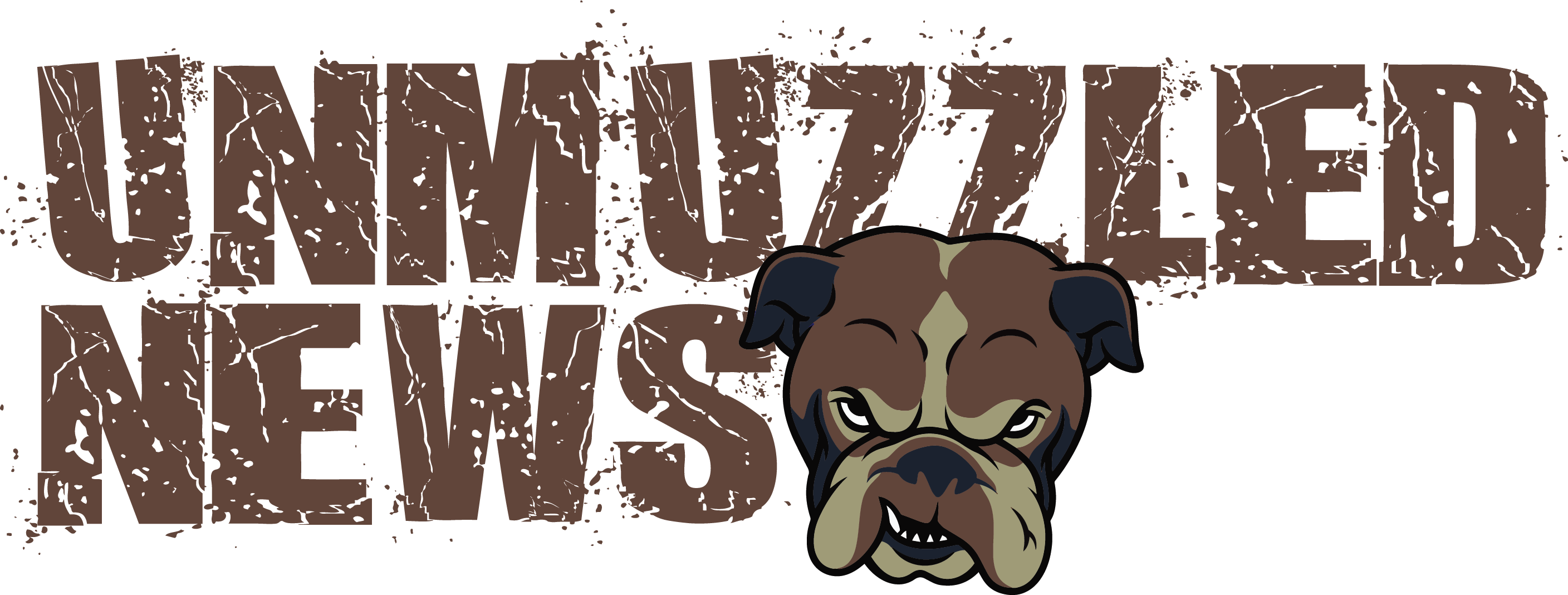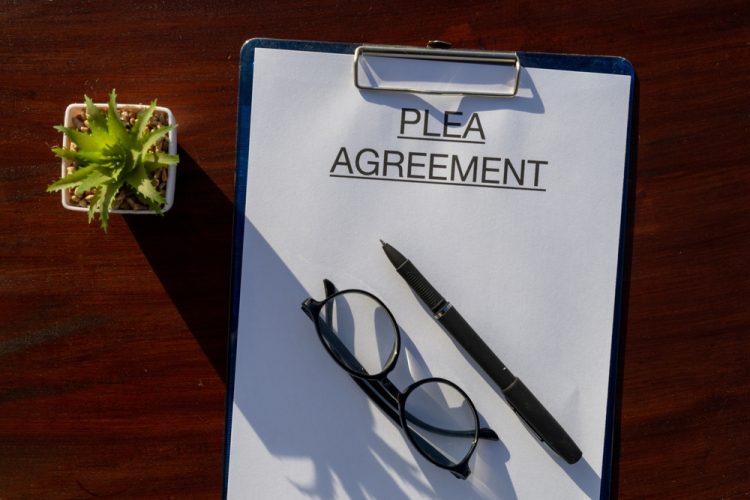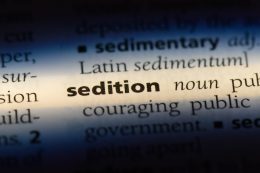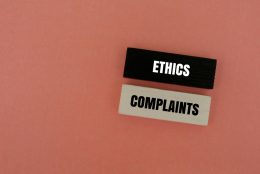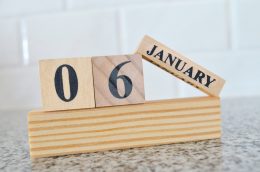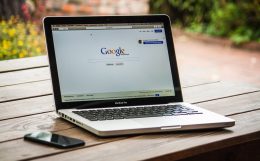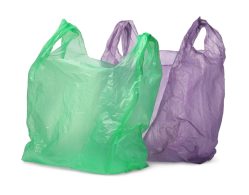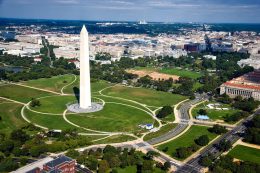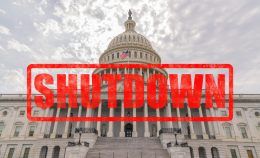The Jeffrey Epstein case has been haunting the Justice Department for nearly two decades.
New testimony is finally pulling back the curtain on what really happened.
And a prosecutor made one explosive claim about Jeffrey Epstein that raised this question.
Former prosecutor defended controversial 2008 plea deal
Former South Florida US Attorney Alex Acosta sat down with House Oversight Committee members for six hours last month to answer questions about the Jeffrey Epstein prosecution that’s dogged him since 2008.¹
The transcript obtained by The New York Post reveals Acosta’s defense of the non-prosecution agreement that saw Epstein plead guilty to state charges and serve just 18 months in prison.²
"Ultimately, the trial was a crapshoot, and we just wanted the guy to go to jail," Acosta told lawmakers.³
Acosta explained that his entire prosecutorial team — including the chief of the office’s criminal division and a Justice Department officer from Washington, D.C. — all agreed that a federal trial was too risky given the evidence they had.⁴
The decision wasn’t made lightly or in a vacuum. Multiple experienced prosecutors reviewed the case and came to the same troubling conclusion about their chances in court.
Victims’ refusal to testify created major obstacles
The biggest problem facing prosecutors wasn’t a lack of evidence — it was getting victims to testify.
"Many victims refused to testify. Many victims had changing stories. All of us understood why they had changing stories, but they did," Acosta explained to the committee.⁵
He warned that Epstein’s defense team — which included legal heavyweights Alan Dershowitz and Kenneth Starr — would have subjected these young women to brutal cross-examination.⁶
"Many of them had issues in their background. They had MySpace pages; they had priors that would’ve been used against them by defense counsel," Acosta said.⁷
The Palm Beach State Attorney’s Office tried to get at least three victims to testify to a state grand jury. Only one showed up.⁸
According to a 2020 Justice Department report, there was real concern that some of Epstein’s alleged victims could themselves face prosecution — a threat Epstein’s defense team likely would have exploited.⁹
Judge with Epstein connections emerges in stunning revelation
One of the most explosive moments in Acosta’s testimony came when Oversight staff revealed that a former member of his office filed articles of incorporation for a law practice sharing space with the Florida Science Foundation — the nonprofit where Epstein completed his work release.¹⁰
That lawyer is Bruce Reinhart, now a federal judge in the Southern District of Florida who famously signed off on the FBI’s August 2022 search warrant for Mar-a-Lago.¹¹
Reinhart left Acosta’s office in January 2008 but had filed the incorporation papers the previous October — while the Epstein case was still being negotiated.¹²
He then began representing some of Epstein’s associates, including female assistants who were being investigated as co-conspirators.¹³
Those assistants included Nadia Marcinkova, Epstein’s pilot and reported "sex slave," as well as Sarah Kellen, his scheduler — both of whom received immunity under the non-prosecution agreement.¹⁴
"I don’t know if those individuals were interviewed or not by my attorneys. I simply can’t speak to it," Acosta told lawmakers when asked about Reinhart’s role.¹⁵
"As an ethical matter, as a professional matter, all of us thought that it was deploring," Acosta said about the Reinhart situation, while noting the Justice Department’s Office of Professional Responsibility found no impropriety in his office’s conduct.¹⁶
Trump cooperated with investigation while others stayed silent
Acosta also addressed questions about President Donald Trump’s involvement in the Epstein investigation.
He flatly denied that Trump was ever interviewed or investigated as part of the probe into Epstein’s sex trafficking operation.¹⁷
"I did not speak with President Trump, with Donald Trump, before I was considered for Secretary of Labor," Acosta testified.¹⁸
The Oversight interview discussed an October 2007 Page Six report that Epstein had been banned from Trump’s Mar-a-Lago resort for trying to "use the spa to try to procure girls."¹⁹
Trump himself confirmed to reporters in July 2025 that he kicked Epstein out of Mar-a-Lago after discovering inappropriate behavior.²⁰
Attorney Bradley Edwards, who represented Epstein victims, previously stated that Trump was the only high-profile figure who voluntarily cooperated with his investigation
A stark contrast to the wall of silence that surrounded most of Epstein’s powerful friends.²¹
Prosecutors faced uphill battle with powerful defense team
Acosta emphasized throughout his testimony that the case presented serious challenges beyond just victim cooperation.
Epstein’s defense team used aggressive tactics that Acosta said skirted "the line of misconduct" and that his colleagues found "frustrating" and "distasteful."²²
The defense even appealed to Main Justice after the non-prosecution agreement was signed in September 2007 — a move Acosta called "absurd and unprecedented."²³
"A billionaire going to jail sends a strong signal to the community that this is not acceptable, that this is not right, that this cannot happen," Acosta maintained about his decision to accept a plea deal.²⁴
The prosecutors had drafted a 60-count indictment seeking 14 to 17.5 years in prison, but that wasn’t a guarantee of conviction.²⁵
"Just because you draft an indictment doesn’t mean you think it’s a slam dunk," Acosta said.²⁶
The alternative was rolling the dice on a trial where a loss would have sent a message that even billionaires could get away with sex crimes against minors.
Look, here’s what really happened with the Epstein case. Federal prosecutors faced a brutal choice between a guaranteed conviction with minimal jail time versus a risky trial that could have let him walk free entirely. When three victims won’t show up for a state grand jury and defense attorneys are ready to destroy the ones who do testify, that’s not a close call — that’s a prosecutor’s nightmare.
The Reinhart connection adds another disturbing layer to this saga. A prosecutor who worked on the case suddenly switches sides, starts representing Epstein’s co-conspirators, and years later becomes the judge who signs the warrant to raid Trump’s home.
Some might call that a remarkable coincidence. Others will see a pattern of how Epstein’s money and connections bought him protection at every level of the justice system.
Trump’s cooperation with victim attorneys while other powerful men hid behind lawyers tells you everything you need to know about who was actually involved in Epstein’s crimes.
When a billionaire real estate developer is the only one willing to talk, and former presidents are nowhere to be found, that speaks volumes about where the real dirt lies.
The Epstein case exposed how the justice system works differently for the wealthy and connected.
Acosta’s testimony reveals prosecutors who were outgunned, outmaneuvered, and ultimately forced to accept a deal they knew was inadequate — all because the alternative was potentially worse. That’s not justice. That’s survival.
¹ Josh Christenson, "Alex Acosta claimed Jeffrey Epstein prosecution would have been a ‘crapshoot’ due to lack of victims cooperating," New York Post, October 17, 2025.
² Ibid.
³ Ibid.
⁴ Ibid.
⁵ Ibid.
⁶ Ibid.
⁷ Ibid.
⁸ Ibid.
⁹ Ibid.
¹⁰ Ibid.
¹¹ Ibid.
¹² Ibid.
¹³ Ibid.
¹⁴ Ibid.
¹⁵ Ibid.
¹⁶ Ibid.
¹⁷ Ibid.
¹⁸ Ibid.
¹⁹ Ibid.
²⁰ Ibid.
²¹ "Alex Acosta, former US attorney who negotiated Epstein’s plea deal, appears before House Oversight Committee," ABC News, September 19, 2025.
²² Josh Christenson, "Alex Acosta claimed Jeffrey Epstein prosecution would have been a ‘crapshoot’ due to lack of victims cooperating," New York Post, October 17, 2025.
²³ Ibid.
²⁴ Ibid.
²⁵ Ibid.
²⁶ Ibid.
